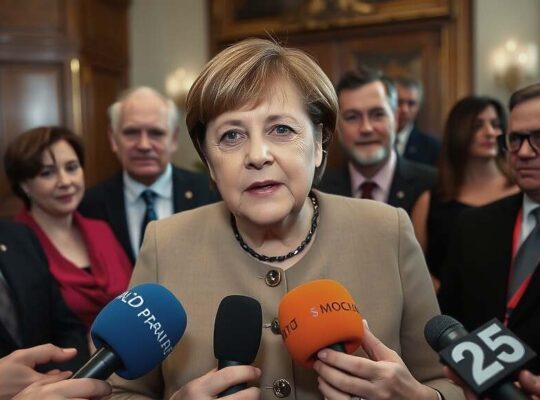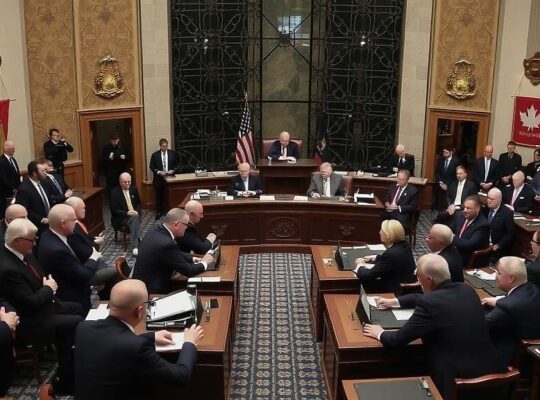The German government’s planned tax relief measures for the hospitality sector and commuters face a critical impasse, with Finance Minister Lars Klingbeil firmly rejecting demands from regional states for a federal bailout. Klingbeil, in an interview with “Bild”, issued a stark warning that the failure of the states to accept their agreed-upon share of the financial burden could jeopardize the entire relief package, scheduled to take effect January 2026.
The proposed “Relief Law” aims to lower the Value Added Tax (VAT) for restaurants and bars and increase the commuter allowance, measures lauded by proponents as crucial for supporting small businesses and easing the financial pressures on working families. However, the 16 German states, largely governed by the center-right CDU/CSU, are now voicing concerns over an estimated 11.2 billion euro revenue shortfall by 2030, which they attribute to the tax changes.
Klingbeil’s categorical rejection of federal compensation underscores a growing tension between Berlin’s fiscal policy and the concerns of regional leaders. His statement reflects a desire to adhere to pre-existing agreements and avoid a situation where the federal government must continually subsidize state budgets. Critics, however, accuse the federal government of a lack of understanding regarding the financial constraints faced by regional administrations, particularly those led by conservative parties.
The deadline looming before the Bundesrat (upper house of parliament) session on December 20th necessitates a swift resolution. Failure to reach an accord between the states and the Federal Ministry of Finance could force a postponement or even a complete abandonment of the planned tax reliefs, potentially triggering a political backlash and damaging the coalition government’s credibility. The current standoff highlights the inherent complexities of federalism in Germany, pitting the drive for national economic stimulus against regional financial autonomy and raising questions about the long-term sustainability of the coalition’s fiscal policy. Observers suggest the crisis reveals deep-seated disagreements over the appropriate level of intergovernmental financial support and the equitable distribution of tax revenue.












